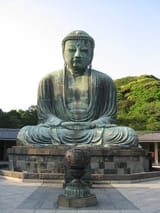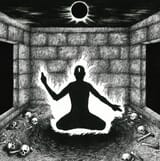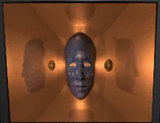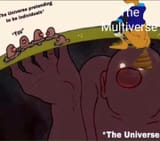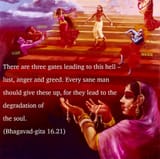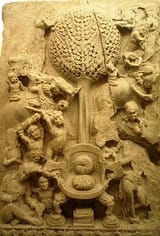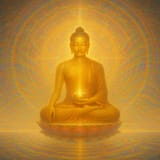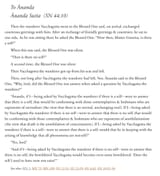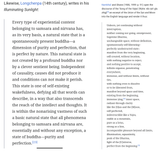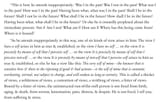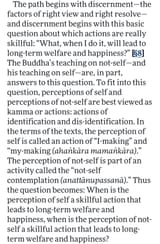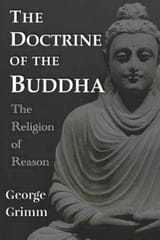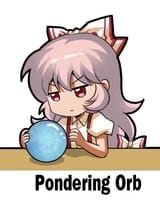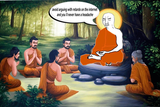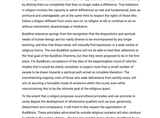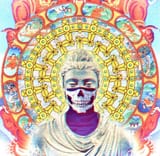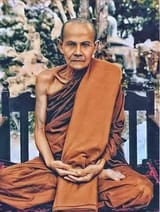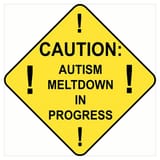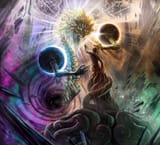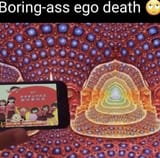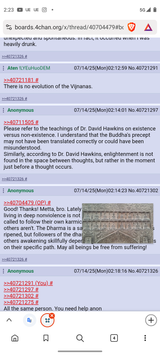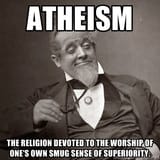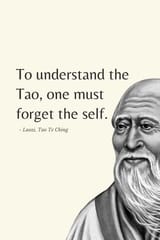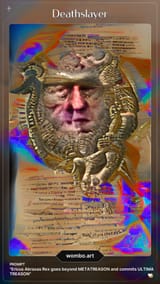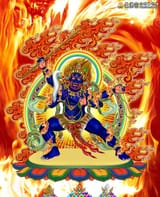>>40713307
You’re right anon… He didn’t reject the word soul, just every definition that makes it what it is….
What precisely is the idea the Buddha rejected?
A permanent, essential, and individual identity
That persists beyond death
The true self or essence of a person
From the Anattalakkhaṇa Sutta (SN 22.59):
“Is form permanent or impermanent?”
“Impermanent, Lord.”
“Is what is impermanent suffering or happiness?”
“Suffering, Lord.”
“Is it proper to regard what is impermanent, suffering, and subject to change as: ‘This is mine, this I am, this is my self?’”
“No, Lord.”
"Therefore, any kind of form, feeling, perception, volitional formation, or consciousness—past, future, or present... should be seen as it actually is with right wisdom thus:
‘This is not mine, this I am not, this is not my self.’”
Your the one quibbling about semantics. The Buddha is saying: none of these experiences or processes are a self, nor is there a hidden self behind them.
Saying “the Buddha didn’t deny the soul” because he denied only a “permanent unchanging soul” is like saying:
“The Buddha didn’t deny unicorns, he just denied horses with single horns that can fly and grant wishes.”
But that’s what people mean by unicorns. Once you strip away the “permanent,” “unchanging,” “true essence” parts, you’re no longer talking about a soul, you’re talking about impermanent mental processes, which the Buddha did affirm. He just didn’t call them “soul” because they’re not an enduring self.
The Buddha explicitly and repeatedly denied that any kind of enduring, essential self or soul exists.
To claim otherwise is to impose non-Buddhist ideas onto Buddhist teachings.
If you want to believe in a soul, that’s fine but don’t attribute that belief to the Buddha or Buddhist doctrine.
Buddhism, as taught by the Buddha, is categorically non-theistic and non-soul-based.
